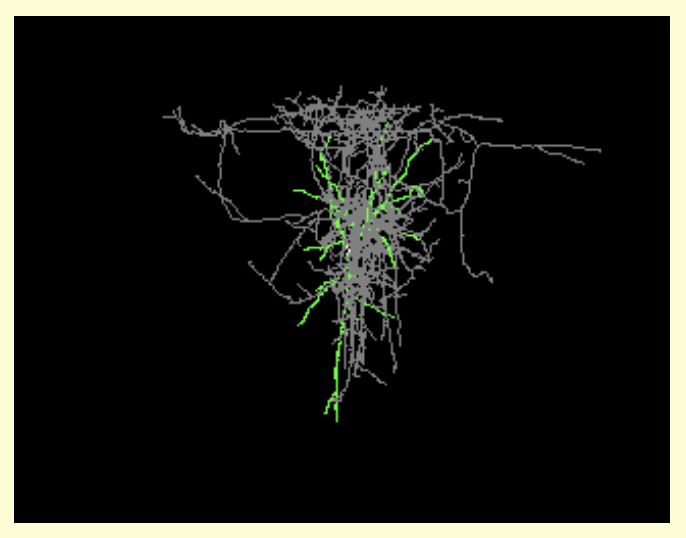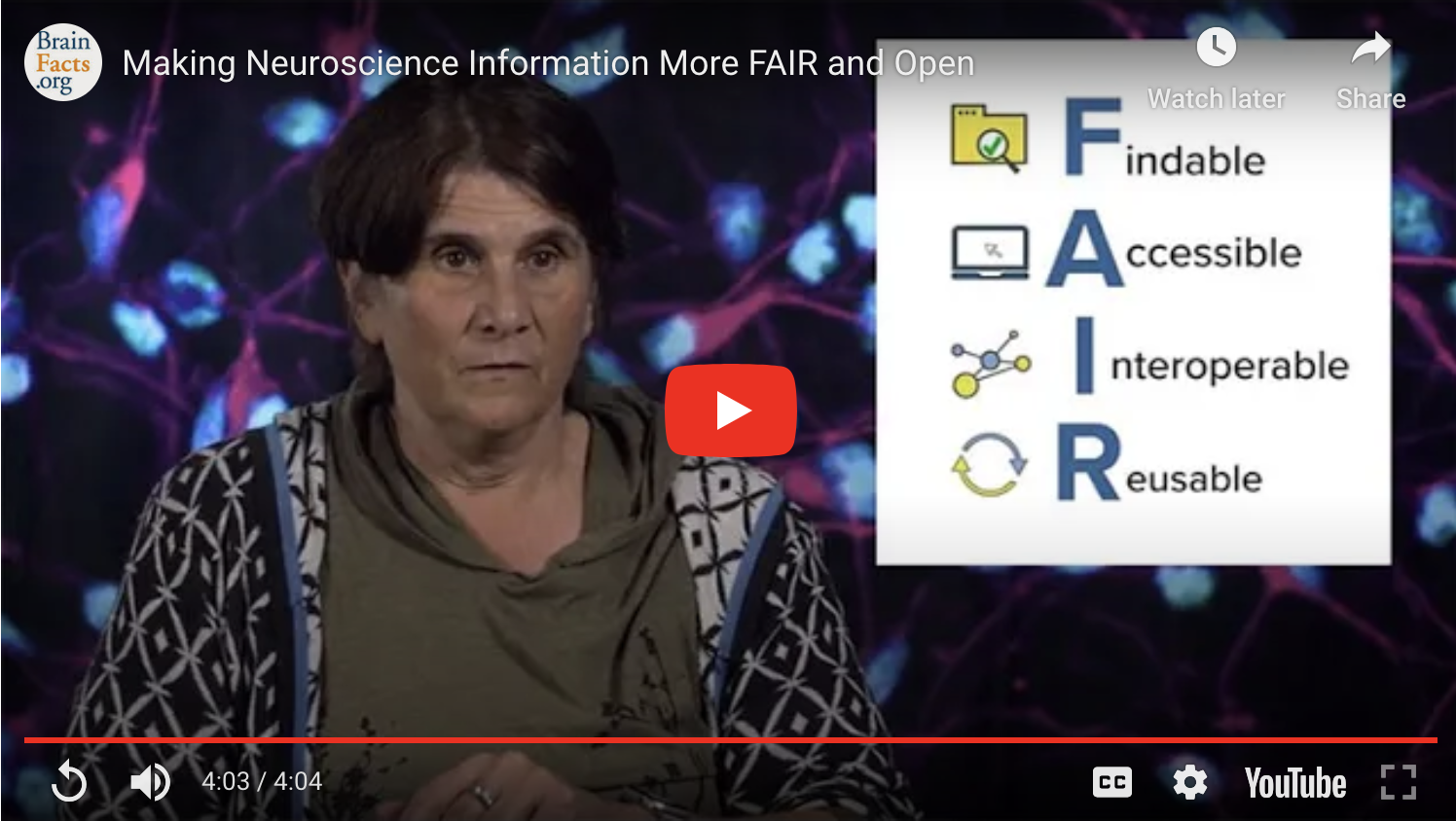URL: http://sig.biostr.washington.edu/projects/fm/
Proper Citation: FMA (RRID:SCR_003379)
Description: A domain ontology that represents a coherent body of explicit declarative knowledge about human anatomy. It is concerned with the representation of classes or types and relationships necessary for the symbolic representation of the phenotypic structure of the human body in a form that is understandable to humans and is also navigable, parseable and interpretable by machine-based systems. Its ontological framework can be applied and extended to all other species. The description of how the OWL version was generated is in Pushing the Envelope: Challenges in a Frame-Based Representation of Human Anatomy by N. F. Noy, J. L. Mejino, C. Rosse, M. A. Musen: http://bmir.stanford.edu/publications/view.php/pushing_the_envelope_challenges_in_a_frame_based_representation_of_human_anatomy The Foundational Model of Anatomy ontology has four interrelated components: # Anatomy taxonomy (At), # Anatomical Structural Abstraction (ASA), # Anatomical Transformation Abstraction (ATA), # Metaknowledge (Mk), The ontology contains approximately 75,000 classes and over 120,000 terms; over 2.1 million relationship instances from over 168 relationship types link the FMA's classes into a coherent symbolic model.
Abbreviations: FMA
Synonyms: Foundational Model of Anatomy Ontology, Foundational Model of Anatomy
Resource Type: software resource, data or information resource, software application, controlled vocabulary, database, data analysis software, data processing software, ontology
Defining Citation: PMID:18688289, PMID:18360535, PMID:16779026
Keywords: anatomy, informatics, model, neuroanatomy, protg, reference, standard, structural, taxonomy, owl, phenotype
Expand Allis listed by |
|
is related to |
|
is related to |
|
is related to |
|
has parent organization |
We found {{ ctrl2.mentions.total_count }} mentions in open access literature.
We have not found any literature mentions for this resource.
We are searching literature mentions for this resource.
Most recent articles:
{{ mention._source.dc.creators[0].familyName }} {{ mention._source.dc.creators[0].initials }}, et al. ({{ mention._source.dc.publicationYear }}) {{ mention._source.dc.title }} {{ mention._source.dc.publishers[0].name }}, {{ mention._source.dc.publishers[0].volume }}({{ mention._source.dc.publishers[0].issue }}), {{ mention._source.dc.publishers[0].pagination }}. (PMID:{{ mention._id.replace('PMID:', '') }})
A list of researchers who have used the resource and an author search tool
Find mentions based on location

{{ ctrl2.mentions.errors.location }}
A list of researchers who have used the resource and an author search tool. This is available for resources that have literature mentions.
No rating or validation information has been found for FMA.
No alerts have been found for FMA.
Source: SciCrunch Registry





